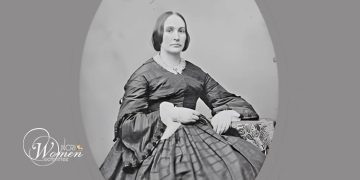Dorothy Parker (August 22, 1893 – June 7, 1967) was an American poet, short story writer, critic, and satirist celebrated for her sharp wit and biting humor. A central figure of New York’s literary scene in the early 20th century, she became famous for her work with The New Yorker and as a founding member of the Algonquin Round Table, a legendary gathering of writers, critics, and actors.
Born in Long Branch, New Jersey, and raised in New York City, Parker’s early life was marked by hardship, which sharpened her keen sense of observation and dark humor. Her poetry collections, such as Enough Rope (1926), captured the disillusionment and complexities of modern life, while her short stories—many featuring themes of love, loneliness, and social critique—cemented her reputation as one of America’s most distinctive voices.
Beyond literature, Parker was also a committed activist. She spoke out on issues of civil rights, social justice, and opposed fascism during the 1930s and 1940s. Despite personal struggles and turbulent relationships, her influence as a literary and cultural icon remained strong throughout her life.
Dorothy Parker’s legacy endures as a brilliant satirist, fearless critic, and powerful voice who bridged literature and social conscience. Her words continue to inspire readers with their honesty, intelligence, and wit.

























